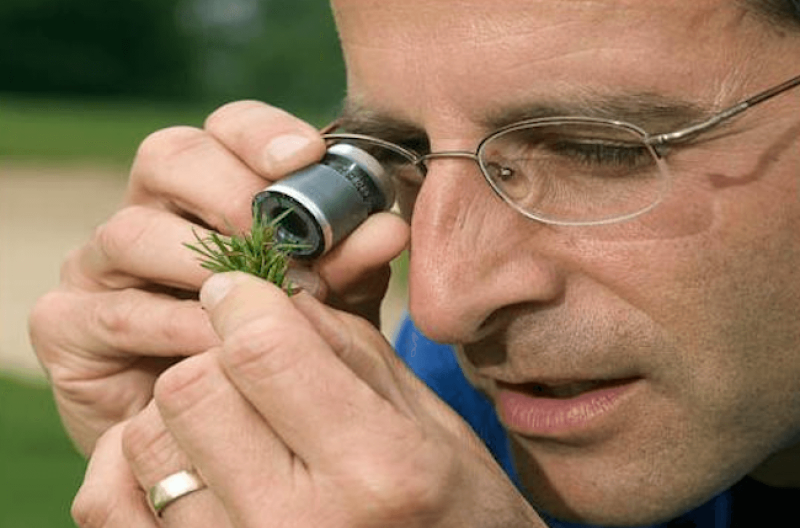Paul Vincelli spends a good deal of his time talking to the public about genetic engineering so it’s not surprising that he’s developed a few tricks for explaining complicated science to the layperson.
Vincelli, an extension professor at the University of Kentucky, describes himself as “a science communicator” and says he’s happy to discuss genetic engineering with anyone ….
…
Through his interactions with the public, Vincelli has found that a fair amount of the resistance to genetic engineering stems from a distrust of large agricultural corporations.
“What I think is important is for people to understand that genetic technologies like CRISPR gene editing, these are technologies that belong to the world. Even if they’re patented technologies, they belong to the world because those patents eventually expire.”
Another source of the public’s resistance to genetic engineering is the sense that it is “unnatural”, but Vincelli said that consumers are perfectly happy to accept other so-called “unnatural” technologies.
“This is my cell phone,” he said as he dug his smartphone out of his pocket and held it aloft. “This is an absolutely unnatural way to communicate. I can communicate with people all over the world instantly. That is totally unnatural, and yet I know that it’s useful. So ‘unnatural’ has come to mean ‘bad,’ but I don’t think of it that way,” he said.
Read full, original article: Meet the guitar-playing plant scientist who describes genetic engineering with playing cards and cookbooks































